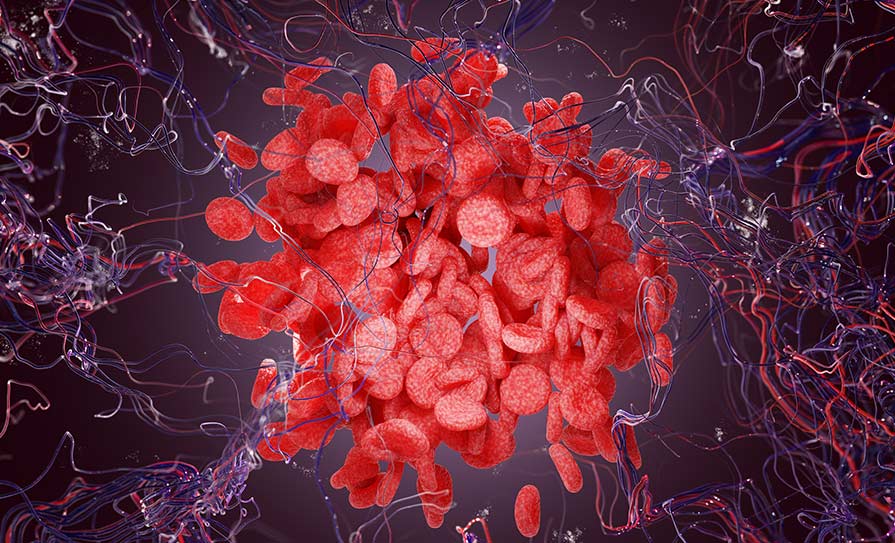Minimum return to play (RTP) timelines in sporting organisations’ concussion guidelines are often perceived by players as “a deadline”, which is why the Football Association of Ireland (FAI) has dispensed with a timeline in its guidance, the FAI’s Medical Director has said.
Dr Alan Byrne told the Medical Independent (MI): “A timeline becomes a deadline for a lot of people. So if you say it is 14 days, or six days, or 23 days, that then becomes a deadline for the player, the coach, the parent, in my view … I think we are probably the only association that have taken the timeline out, for that reason. In time I think it will be shown to be the correct decision.”
The FAI’s guidance sets out the rehabilitation stages without minimum timeframes and states that medical clearance is necessary before RTP. It says most concussions (80-90 per cent) resolve over a seven-10 day period but may persist for considerably longer.
Under the GAA’s concussion guidance, adult players suspected of having a concussion must have adequate rest of at least 24-48 hours and then follow a return to play protocol. Adult players should not return to full contact training/matches for at least one week from when the injury has been diagnosed.
Players under 18 suspected of having a concussion must rest for a minimum of 48 hours and then follow the protocol. They should not return to full contact training/matches for at least two weeks from when the injury has been diagnosed.
Mr Brendan Connolly, GAA Player Welfare Officer, told MI its latest concussion guidance was released in early 2018, with no changes imminent. “What we would say [in the guidance] is no player should return to play without a medical cert,” he underlined.
The Irish Rugby Football Union (IRFU) also has minimum timeframes in its guidance for amateur rugby players. Players must obtain medical clearance before returning to full contact practice.
Dr Niamh Lynch, a Consultant Paediatrician who runs a concussion clinic at Bon Secours Hospital, Cork, told MI that young players often see minimum timelines as a “deadline”.
However, she added that removing timelines “would risk athletes taking inadequate time off”.
Ideally all children returning to play would have an exertion test with physiotherapy, and a final post-injury neurocognitive test to ensure return to baseline. She said an individualised approach would minimise the risk of returning too soon.













Leave a Reply
You must be logged in to post a comment.